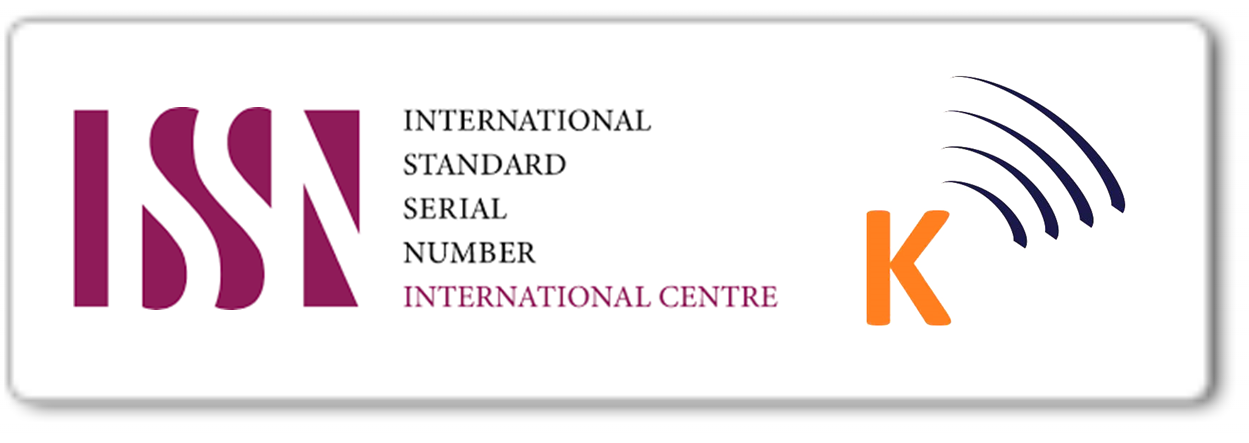Analysis of Validity and Reliability of Self-Acceptance Scale Using Rasch Model
Keywords: self-acceptance scale, Rasch Model, realibility
Abstract
The measurement of self-acceptance in previous studies still uses classical methods. A valid and reliable self-acceptance scale will help measure the ability to recognize, accept oneself for uniqueness. This study aims to validate and develop the Self-Acceptance Scale. This study was conducted on 100 high school students in Lembang, West Java Province, which included 58 females and 42 males. Cross-sectional survey research methods and a quantitative methodology were employed in this study. The Rasch Model was utilized for data analysis with the Win steps 3.73 program. The findings indicated that 25 items and four scale alternatives where The Cronbach Alpha value represents the interaction between Person and Item is in the excellent category with a value of 0.56. A person's reliability is in a suitable category with a value of 0.47, which indicates the consistency of respondents' answers. The scale meets the criteria that can be used to measure student self-acceptance.
Downloads
References
Bennett, M. F., Oliver, K. L., Regan, B. M., Bellows, S. T., Schneider, A. L., Rafehi, H., ... & Bahlo, M. (2020). Familial adult myoclonic epilepsy type 1 SAMD12 TTTCA repeat expansion arose 17,000 years ago and is present in Sri Lankan and Indian families. European Journal of Human Genetics, 28(7), 973-978. https://doi.org/10.1038/s41431-020-0606-z
Bergemann, N. (1988). Self-Acceptance and Acceptance of Others an Afrikaans Version of The Berger Scales. Tydskr Sielk, 104-108.
Berger, E. M. (1952). The Relation between Expressed Acceptance of Self and Expressed Acceptance of Others. The Journal of Abnormal and Social Psychology, 778–782. https://doi.org/10.1177/008124638801800306
Bernard, M. E., Vernon, A., Terjesen, M., & Kurasaki, R. (2013). Self-Acceptance in the Education and Counseling of Young People. In Bernard The Strength of Self-Acceptance (hal. 155-192). New York: Springer.
Bond, F. W. et al. (2011). Preliminary Psychometric Properties of The Acceptance and Action Questionnaire-II: A Revised Measure of Psychological Inflexibility and Experiential Avoidance. Behavior Therapy, 676.
https://doi.org/10.1016/j.beth.2011.03.007
Chamberlain, J. M., & Haaga, D. A. (2001). Unconditional Self-Acceptance and Psychological Health. Journal of Rational-Emotive and Cognitive-Behavior Therapy, 163–176.
Creswell, J. W. (2012). Educational Research: Planning, Conducting, and Evaluating Quantitative (Fourth Edition). Boston: Pearson.
Crowne, D. P., Stephens, M. W., & Kelly, R. (1961). The Validity and Equivalence of Tests of Self-Acceptance. The Journal of Psychology, 101-112. https://doi.org/10.1080/00223980.1961.9916462
Denmark, K. L. (1973). Self-Acceptance and Leader Effectiveness. Journal of Extension, 6-12.
Durm, M. W., & Glaze, P. E. (2001). Construct Validity for Self-Acceptance and Fear of Negative Evaluation. Psychological Reports, 386.
Ellis, A. (2019). Early theories and practices of rational emotive behavior therapy and how they have been augmented and revised during the last three decades. Advances in REBT: Theory, practice, research, measurement, prevention and promotion, 1-21. https://doi.org/10.1007/978-3-319-93118-0_1
Fey, W. F. (1955). Acceptance by Others and its Relation to Acceptance of Self and Others: A Revaluation. The Journal of Abnormal and Social Psychology, 274–276. https://doi.org/10.1037/h0046876
Harter, S., & Pike, R. (1984). The Pictorial Scale of Perceived Competence and Social Acceptance for Young Children. Child Development, 1969-1982.
https://doi.org/10.2307/1129772
Ino-Oka, H., & Matsui, T. (1977). An Extended Use of the Instrumentality Theory of Attitude for Obtaining Self-Acceptance Measures. Journal of Applied Psychology, 124-126. https://doi.org/10.1037/0021-9010.62.1.124
Jackson, E. F., Bussey, K., & Myers, E. (2021). Encouraging gender conformity or sanctioning nonconformity? Felt pressure from parents, peers, and the self. Journal of Youth and Adolescence, 50, 613-627. https://doi.org/10.1007/s10964-020-01387-8
Lai, J., Zhang, R., Hong, M., & Li, N. (2022). Development and validation of the Nurse’s Workplace Mental Health Questionnaire. International Journal of Nursing Sciences, 9(4), 521-528. https://doi.org/10.1016/j.ijnss.2022.09.004
Levin, M. E. et al. (2014). The Acceptance and Action Questionnaire-Stigma (AAQ-S): Developing a Measure of Psychological Flexibility with Stigmatizing Thoughts. Journal of Contextual Behavior Science, 21–26. https://doi.org/10.1016/j.jcbs.2013.11.003
Lu, Q., Wang, B., Zhang, R., Wang, J., Sun, F., & Zou, G. (2022). Relationship between emotional intelligence, self-acceptance, and positive coping styles among Chinese psychiatric nurses in Shandong. Frontiers in psychology, 13, 837917. https://doi.org/10.3389/fpsyg.2022.837917
Ma, Y., & Siu, A. F. Y. (2020). Dispositional mindfulness and mental health in Hong Kong college students: The mediating roles of decentering and self‐acceptance. Australian Journal of Psychology, 72(2), 156-164. https://doi.org/10.1111/ajpy.12269
Mearns, J. (1989). Measuring Self-Acceptance: Expectancy for Success vs Self-Esteem. Journal of Clinical Psychology, 390-397. https://doi.org/10.1002/1097-4679
Merriam, S. B. (2017). Qualitative research: A guide to design and implementation. John Wiley & Sons. https://doi.org/10.1097/NCI.0b013e3181edd9b1
Molino, M., Ingusci, E., Signore, F., Manuti, A., Giancaspro, M. L., Russo, V., ... & Cortese, C. G. (2020). Wellbeing costs of technology use during Covid-19 remote working: An investigation using the Italian translation of the technostress creators scale. Sustainability, 12(15), 5911. https://doi.org/10.3390/su12155911
Nepo, M. (2016). The Self-Acceptance Project. Colorado: Sounds True. Colorado: Sounds True.
Omwake, K. T. (1954). The Relation Between Acceptance of Self and Acceptance of Others Shown by Three Personality Inventories. Journal of Consulting Psychology, 443-446. https://doi.org/10.1037/h0058104
Sürücü, L., & Maslakci, A. (2020). Validity and reliability in quantitative research. Business & Management Studies: An International Journal, 8(3), 2694-2726. https://doi.org/10.15295.bmij.v8i8.1540
Szajna, B. (1994). Software Evaluation and Choice: Predictive Validation of the Technology Acceptance Instrument. MIS Quarterly, 319-324.
Copyright (c) 2023 Faraz Maulana Gunawan, Dodi Suryana, Hyunisa Rahmanadia

This work is licensed under a Creative Commons Attribution-NonCommercial-ShareAlike 4.0 International License.







